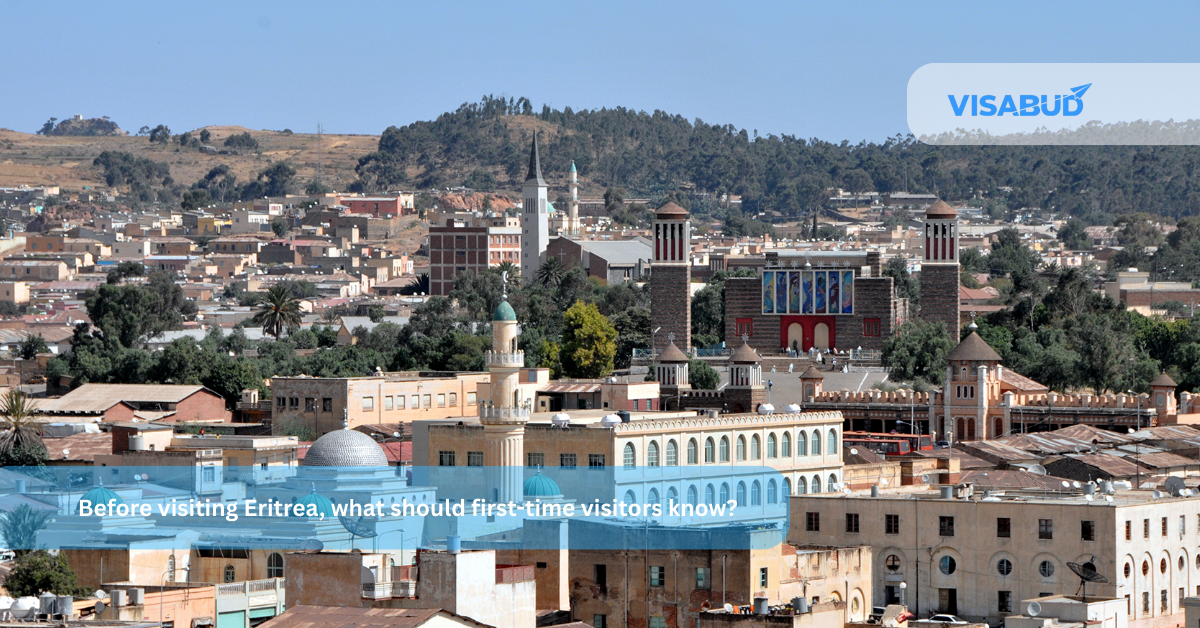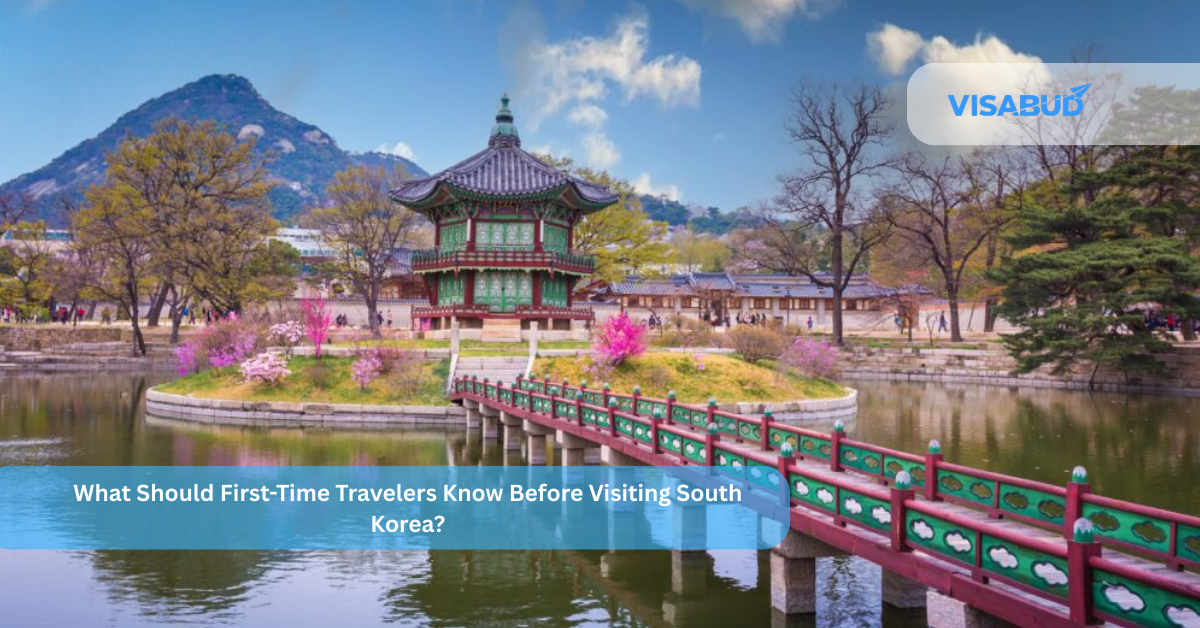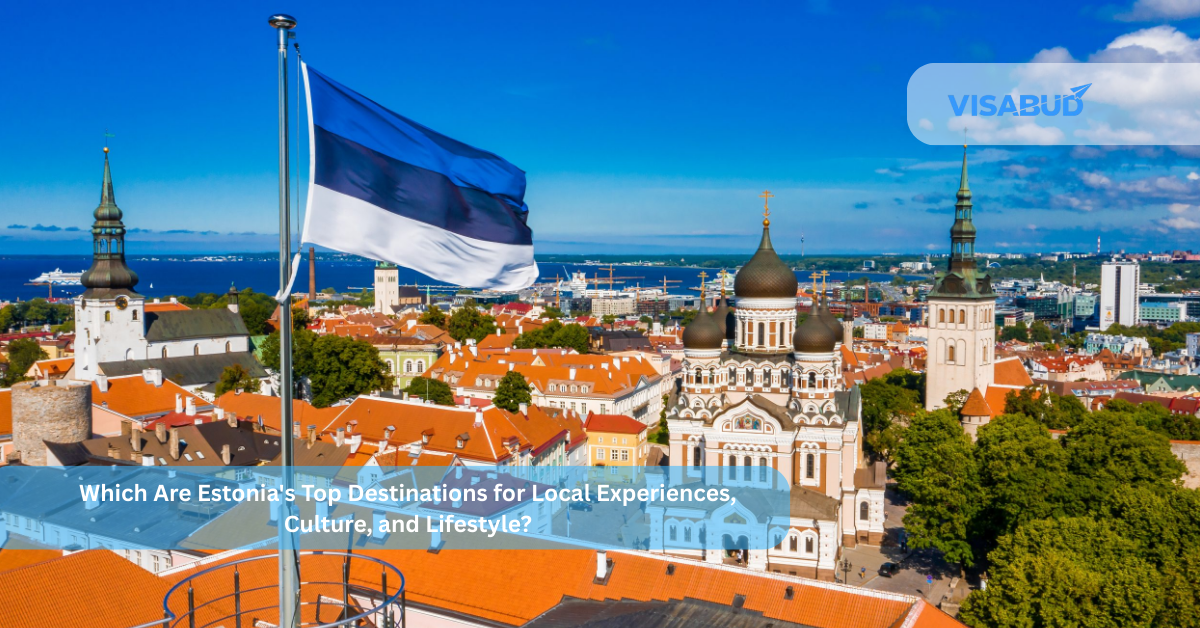Swaziland Travel Guide: All you need to know to visit Swaziland in 2025
Welcome to Swaziland
Eswatini, a landlocked monarchy in Southern Africa, shares its borders with Mozambique in the northeast and South Africa in the west, south, and southeast. 2018, the nation formally adopted the name “Kingdom of Eswatini.” Eswatini is known for its rich cultural heritage, marked by traditional ceremonies, dance, and crafts. The monarch, King Mswati III, plays a central role in the country’s governance, characterized by a unique blend of traditional and modern institutions. While the nation has made strides in economic development, poverty and HIV/AIDS persist. Eswatini’s landscape encompasses varied terrain, from the scenic highveld to lowveld regions, and the country is home to diverse flora and fauna. The people of Eswatini, known as Swazis, maintain a solid connection to their cultural roots, contributing to the vibrancy and resilience of the nation.
Geography
The country’s diverse geography includes the mountainous Highveld region to the west, characterized by lush grasslands and plateaus. At the same time, the eastern Lowveld features a warmer climate and is marked by savannas and plains. The Lubombo Mountains extend along the east border. Eswatini is traversed by various rivers, including the Great Usutu River, the country’s longest. The Hlane Royal National Park and Mlilwane Wildlife Sanctuary showcase Eswatini’s rich biodiversity, providing habitats for various wildlife. The landscape, shaped by its varied elevation and climate zones, contributes to the nation’s ecological and cultural diversity. Population.
Languages
SiSwati is the official and national language. It is spoken by most of the population and is integral to Eswatini’s cultural identity. English is also widely used in official and educational contexts, contributing to the country’s multilingualism. The coexistence of SiSwati and English reflects Eswatini’s historical and contemporary ties with its indigenous roots and the broader global community. Language plays a vital role in preserving and transmitting cultural traditions, and the linguistic landscape reflects the dynamic interplay between tradition and modernity in Eswatini.
Religion
Traditional beliefs and practices hold significant influence, with many Swazis incorporating elements of indigenous spirituality into their daily lives. The method of ancestral veneration and rituals plays a crucial role in connecting individuals with their heritage. Alongside these traditional beliefs, Christianity has a substantial presence in Eswatini, with various denominations such as Roman Catholicism, Protestantism, and Zionism. The interweaving of indigenous beliefs and Christianity is often observed, showcasing a syncretic approach. While religious pluralism exists in the country, respecting traditional customs and rituals remains deeply rooted in Eswatini’s societal fabric.
Government
As of my last knowledge update in September 2021, King Mswati III is the head of state and government, holding substantial executive and legislative powers.
The King is responsible for appointing the Prime Minister and the majority of Cabinet members, with the Parliament comprising the Senate and the House of Assembly primarily serving an advisory function. Political parties are banned, and elections are not held for the head of state. Instead, local leaders and a selection of citizens nominate the monarch. The traditional Tinkhundla system, a form of local governance, coexists with the modern political structure. The monarch’s influence is deeply rooted in Eswatini’s cultural traditions, and discussions regarding constitutional reforms have been ongoing, reflecting a dynamic interplay between practice and calls for increased political representation.
Economy
Swaziland possesses a mixed economy, with agriculture, manufacturing, and services playing pivotal roles. The agriculture sector, characterized by subsistence farming, contributes significantly to employment and food production. Swaziland has historically relied on revenue from the sugar industry, a significant export commodity. The manufacturing sector has seen growth, particularly in textiles and sugar-related industries. Eswatini has been diversifying its economy in recent years, emphasizing sectors like tourism and services. The country attracts tourists with its cultural festivals and natural attractions. However, economic challenges include high unemployment rates and income inequality. Eswatini has sought to attract foreign investment and implement economic reforms to address these issues and foster sustainable development.
Culture
Swaziland boasts a rich cultural tapestry deeply rooted in tradition and celebrated in various aspects of daily life. The monarchy is central to Eswatini’s cultural identity, with King Mswati III playing a significant role as a custodian of traditions. The annual Reed Dance, where young women present reeds to the Queen Mother, is a vibrant cultural event symbolizing purity and unity. The Incwala ceremony, a paramount ritual, marks the kingdom’s spiritual renewal and involves elaborate ceremonies and dances. Traditional music, such as the rhythmic sounds of the marimba and the pulse of Swazi dance, reflects the nation’s cultural vibrancy. Art and craft, including intricate beadwork and woodcarvings, contribute to preserving Swazi heritage. Despite modern influences, Eswatini continues to cherish and embrace its cultural practices, fostering a dynamic interplay between tradition and contemporary life.
Related Articles

5 min read
Before visiting Eritrea, what should first-time visitors know?
Eritrea is a quiet, culturally rich country in East Africa that rewards patient and respectful travelers. First-time visitors should know about visa rules, travel permits, local customs, limited internet access,
Read More
5 min read
What Should First-Time Travelers Know Before Visiting South Korea?
South Korea is a fascinating country where modern technology meets centuries of tradition. For first-time travelers, the country can be both exciting and overwhelming. From the bustling streets of Seoul
Read More
5 min read
Which Are Estonia’s Top Destinations for Local Experiences, Culture, and Lifestyle?
Estonia may be a small country in Europe, but it offers deep culture, peaceful lifestyle, and real local experiences that many travelers miss when visiting bigger destinations. It is calm,
Read MoreIndian citizens can stay in Swaziland for up to 90 days.
You can apply for a Swaziland visa through us. Just follow the following procedures:
- Contact our agency and provide your personal information, including your name, passport details, and travel dates.
- Pay the visa processing fee through our agency’s secure payment gateway.
- You must upload all necessary documents to our agency’s website or email them to the agency.
- We will verify that all your documents are in order and contact you if additional information or documents are required.
- We will submit your visa application.
- Wait for the visa procession.
It’s advisable to apply for a Swaziland visa one month before the date of the visit.
A Swaziland visa is valid for a stay duration of 90 days.
